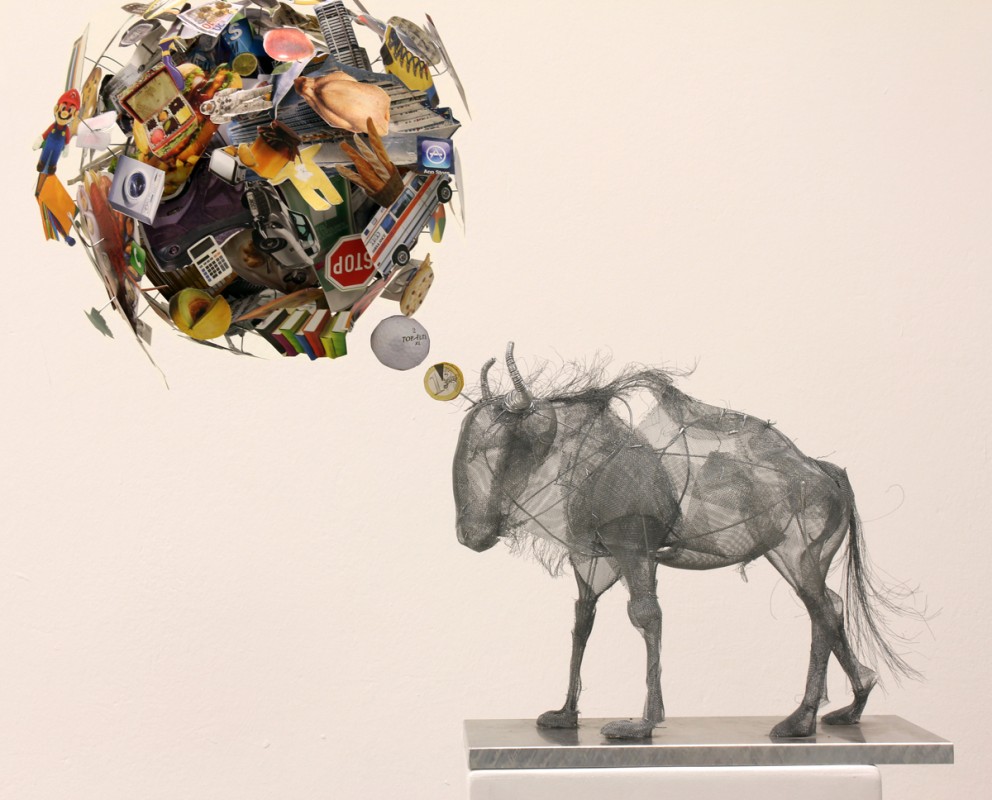Published in:
Performance Research 20.4 (2015): 104-111.
Download PDF
Published in:
Performance Research 20.4 (2015): 104-111.
Download PDF
With this essay, my hope is to contribute to recent conversations about art and its supporting infrastructures — discussions that are working, I believe, to unsettle a kind of anti-institutional prejudice that has haunted performance studies. As the rather polemical title hints, I enter these discussions by revisiting an older set of debates that arose in the annals of cultural studies in the 1990s. I argue that Tony Bennett’s controversial claim — that we put policy into cultural studies — unintentionally invites us to examine how ‘policy’ itself might continue to serve as a generative term to further unravel unhelpful dichotomies and persistent predispositions.

By tracking a critical genealogy of these so-called ‘policy debates,’ I contend also that we move beyond the acknowledgement – or avowal – that arts of institutional thinking are essential in and for performance studies. Ultimately, I want to suggest that performance as policy has a unique capacity to inspire experimental modes of social organization and perhaps even an overhaul of our institutions of public life. My hope is that an examination of the ways a notion of what I call ‘institutional (dis)avowal’ is already embedded in the history of contentious conversations about culture and administration will both bolster this claim and open avenues for further inquiry.